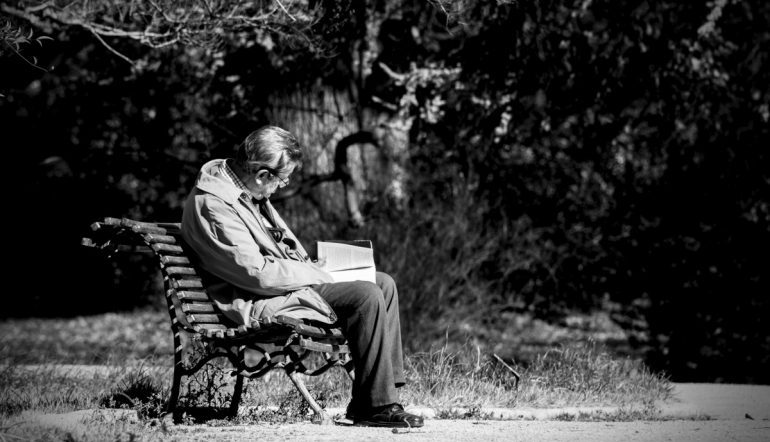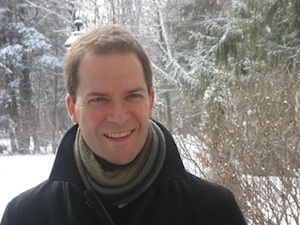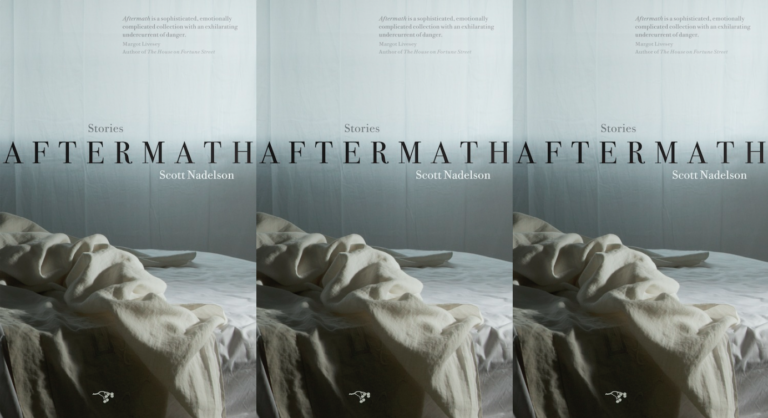The Dead Poets Society

Three for three: James starts today as our final Get Behind the Plough blogger for the Winter 2009-10 issue! What better way to kick back on a Friday afternoon? As always, read. Savor. Leave comments.
“The Dead Poets Society”
Guest post by James Arthur
I sometimes feel self-conscious when I’m asked to name my favorite poets, because a good number of my idols–the poets whose work I read aloud to myself–are dead, and heavily anthologized: the poets everyone likes. Not all my idols, of course; I’m a contemporary poet, after all. But claiming Auden or Yeats as a hero, I feel a little sheepish, afraid of seeming pretentious or reactionary, afraid of seeming disengaged from the artistic climate of my own time and place. But I’m not talking about now and then. I’m talking about the psychological impact of knowing that a poem’s author is dead.
In some ways, I do experience writing as a team sport: I go to readings, keep up with favorite magazines, buy new books. I learn from my friends, some of whom are certainly better writers than I am. But I don’t have a strong sense of writing as a conversation, as I sometimes hear it called. Even if a poet’s life is social, and mine is, writing a poem strikes me as a very lonely act, not part of a dialogue, but an outcry: an assertion of selfhood and being, against a backdrop of the nothingness waiting for all people.
Reading a dead poet, I feel that I am sharing another person’s solitude, maybe because I know the poet wants nothing from me.
All poets, I want to say, feel the prickling of what Frost called “The utmost of ambition … to lodge a few poems where they will be hard to get rid of,” but maybe that’s not true. I know some people write poetry for the pleasure of communication. For me, though, writing poetry takes on a whiff of religion when a poet latches on to the hope of creating one perfect utterance: an object so harmonious in its proportions, so free of the poet’s own vanity, that it will have a life independent of its author.
Maybe my favorite lines of poetry, at least from a devotional point of view, are these famous lines by Yeats:
Consume my heart away; sick with desire
And fastened to a dying animal
It knows not what it is; and gather me
Into the artifice of eternity …
Once out of nature I shall never take
My bodily form from any natural thing,
But such a form as Grecian goldsmiths make
Of hammered gold and gold enamelling
To keep a drowsy Emperor awake;
Or set upon a golden bough to sing
To lords and ladies of Byzantium
Of what is past, or passing, or to come.
-from “Sailing to Byzantium”
This is James’ first post for Get Behind the Plough. Next Friday, he returns with a post on literary self-consciousness.


